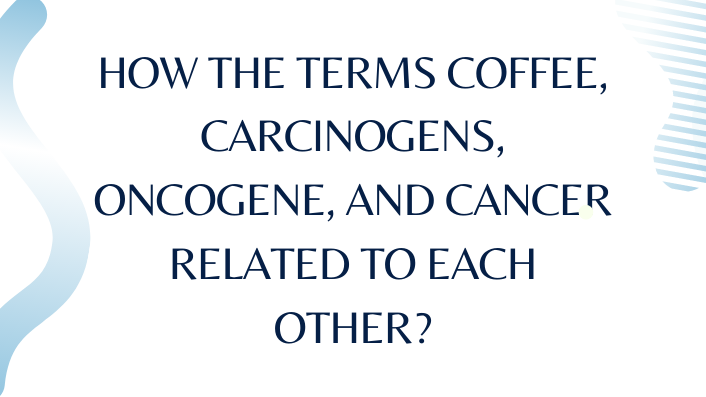Cancer treatment is about to change dramatically. Currently, attention is focused on genomic medicine, which is performed based on the analysis of the gene information obtained by examining the genes of cancer cells. Conventional cancer treatments have been based on organ-specific classifications such as lung cancer, stomach cancer, and colon cancer, but in cancer genomic medicine, they are based on the genetic information of each individual cancer. Good testing methods for genes are essential as treatment progresses.
The reason why cancer is treated based on genetic information is that cancer is a disease caused by a genetic abnormality. Various proto-oncogene mutations occur in cancer cells which make oncogene, a strong reason to increase the tumor. And some genes make proteins that are involved in cell proliferation and cell life and death, and when they do not work properly due to gene mutation, they produce cancer cells that continue to proliferate in a disorderly manner.
Cancer is a disease caused by the malfunction of genes. When genes that properly control cell replication are damaged, the result is that cells proliferate in a disorderly manner, infiltrate adjacent tissues, and spread throughout the body.
The cancer invades the surrounding tissue and spreads, and the boundaries are not clear, so even if it can be surgically removed, it may be difficult to cure it completely. Also, even if it can be completely removed surgically, it may recur or metastasize to a completely different organ. On the other hand, cancers that have invaded or metastasized to other organs are difficult to surgically resect and are called advanced cancers, terminal cancers, recurrent cancers, etc. It is feared because of the illness that leads to death.
All cancers are genetic disorders that are caused by mutations in the genes. Only a few of these cancers are inherited. Mutations are carried into germ cells, passed from generation to generation, and are present in cells throughout the body. Most cancers are caused by accidental mutations that occur in daily life. For example, if you make a mistake in replication during cell division, or if you are damaged by environmental factors such as radiation or chemicals.
Cancer usually comes from a single cell. It seems that changes from benign cells to malignant cells and even to metastatic cells occur through a series of steps controlled by different genes or gene groups. A number of genes are related to each other.
Is coffee really that harmful to us?
A comprehensive diet and cancer review published by the World Cancer Research Fund in 1997 stated that “the majority of studies show a significant association with cancer at any site in the normal range of coffee intake.
The power of coffee to prevent cancer
The cells that make up the human body contain a large amount of lipids (fats), which combine with oxygen and oxidize. It is a phenomenon called rusting on the human body. “Lipid peroxide” formed by oxidizing lipids generates a substance called free radical, which affects DNA and triggers mutation, which is thought to cause aging and cancer. It has been found that coffee contains polyphenols such as “chlorogenic acid”, which has a strong antioxidant effect, and has a function of suppressing the oxidation of lipids.
Experiments have revealed how chlorogenic acid in coffee inhibits the production of free radicals. Coffee has the potential to prevent cancer with the dual barrier of preventing oxidation and inhibiting the production of free radicals.
Drinking coffee goes beyond ingesting a simple drink, as it has a psychological and social component that is difficult to ignore. And although it is usually surrounded under the halo of suspicion, the truth is that the scientific evidence is increasingly stronger about the positive benefits that moderate caffeine consumption brings on health.
If you want to know if “Is caffeine a carcinogen?” then here is the answer. Caffeine is thought to be involved in the carcinogenesis of bladder cancer by disrupting apoptosis and the cell cycle, but even with the same amount of coffee, smokers lose caffeine faster and non-smokers It has been reported that there is a large amount of caffeine in the urine. This may be the reason why the effects of coffee and caffeine were more pronounced in nonsmokers. No association was found with green tea, but it was thought that male caffeine was consumed more from coffee than green tea (53% coffee, 40% green tea). Women, on the other hand, were not associated with coffee, but those who consumed five or more cups of green tea daily had a 2.3-fold increased risk of bladder cancer. It is possible that the results were obtained by accident due to the low number of cases in women, but it is possible that women’s caffeine was consumed more from green tea than coffee (43% coffee, Green tea 46%).
In addition, Luxros eyelash serum substances other than caffeine in coffee may be involved in the risk of bladder cancer, which cannot be pointed out from this study.

